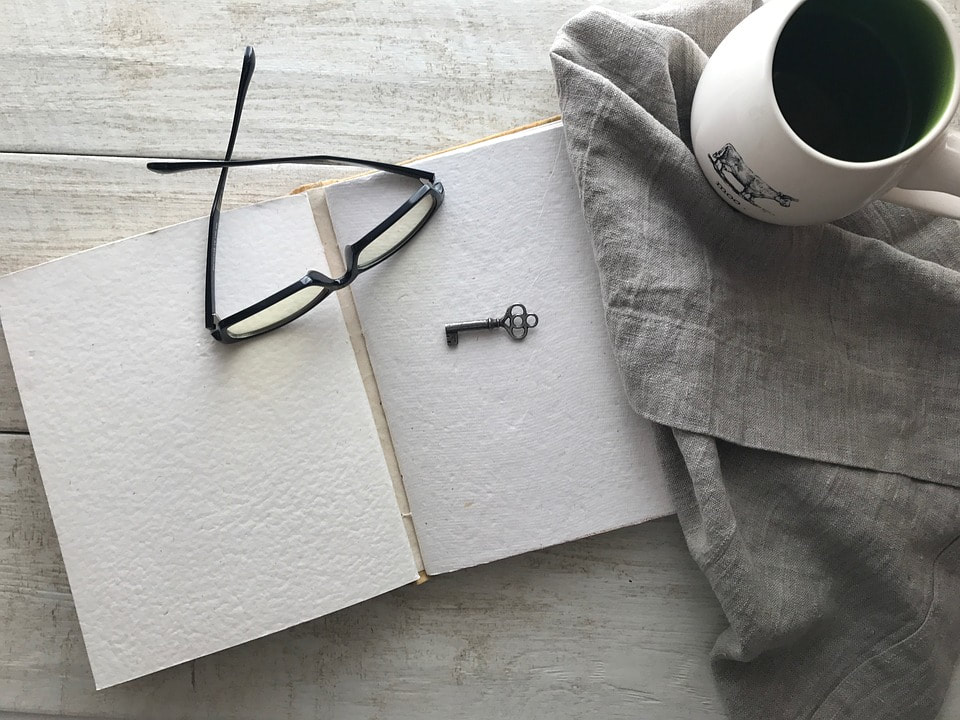Through the Looking Glass: Reading to Understand OthersBy ISJL Education Fellow Ava Gadon
There is a magic to reading. Good books show new worlds, new ideas, and new perspectives. There are books in which stepping out of our own shoes and into someone else’s can be a reprieve, and there are stories that make us grateful that we can simply close the book and step back into our own lives. Either way, there is something to learn every time we seek out and experience narratives different from the one we create for ourselves. While it is easy to focus on Jewish narratives and authors, we should embrace the opportunity to read from viewpoints that do not dominate the conversation. If someone was to look up “Jewish books” on Amazon, the vast majority of results — excluding cookbooks — are written by Ashkenazi men. If someone was just attempting to dip their toes into Jewish writing, they would encounter just a fraction of the Jewish experience. Jews of color, Jews of other traditions, Jews in the queer community, and Jewish women are distinctly lacking in that search, with the aforementioned exception of cookbooks. While food is a grounding and important piece of Jewish culture, these groups have more to offer than recipes. Diverse voices in the Jewish community have more to say. We should listen. But where to start? Since finding books by intersectional Jewish authors can be a challenge, here are a few resources. For a deeper dive into the experiences of Jews of color, here is a good starter pack. For some recommended LGBTQIA+ Jewish reads, look here. Finally, this list addresses several notable Jewish women writers. As Jews, and more importantly, as people who exist on a planet with lots of other kinds of people, reading can be how we relate to one another and develop a broader world view. This in turn can give us ideas we had never considered, introduce us to problems we’ve never faced, and open our eyes to the stories of those around us. We can learn from every individual and their stories deserve as much time and attention as our own. While this Jewish new year is still young, let’s challenge ourselves to step into the shoes we don’t regularly walk in. Let’s listen to experiences different from our own that challenge our expectations and attitudes. We can all become better Jews, and better people, for it. |
- Home
- WHO WE ARE
-
WHAT WE DO
- PODCAST
- Conference >
- Education >
-
CULTURE
>
- Culture Overview
- Cultural Programming >
-
History
>
-
Encyclopedia of Southern Jewish Communities
>
- Alabama Encyclopedia
- Arkansas Encyclopedia
- Georgia Encyclopedia
- Florida Encyclopedia
- Kentucky Encyclopedia
- Louisiana Encyclopedia
- Mississippi Encyclopedia
- North Carolina Encyclopedia
- Oklahoma Encyclopedia
- South Carolina Encyclopedia
- Tennessee Encyclopedia
- Texas Encyclopedia
- Virginia Encyclopedia
- Encyclopedia Credits
- Oral History
-
Encyclopedia of Southern Jewish Communities
>
- SPIRITUALITY >
- DONATE
- Shalom Y'all
- Strategic Plan
- Southern & Jewish Blog
- Calendar
- Virtual Press Kit
|
©2024 Goldring/Woldenberg Institute of Southern Jewish Life
|

